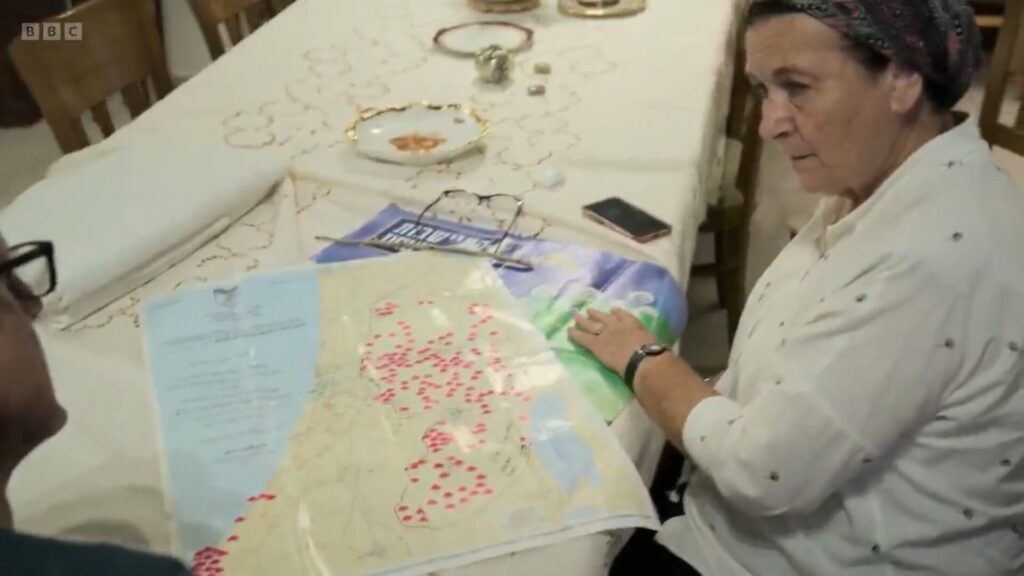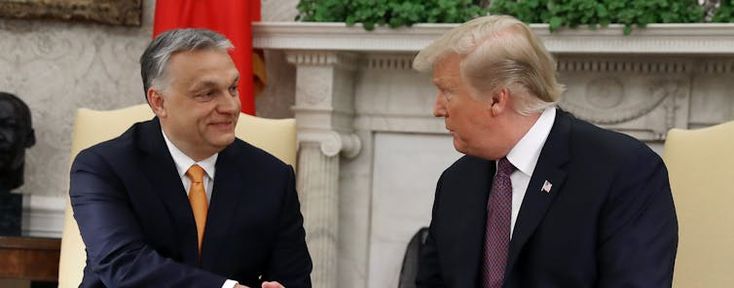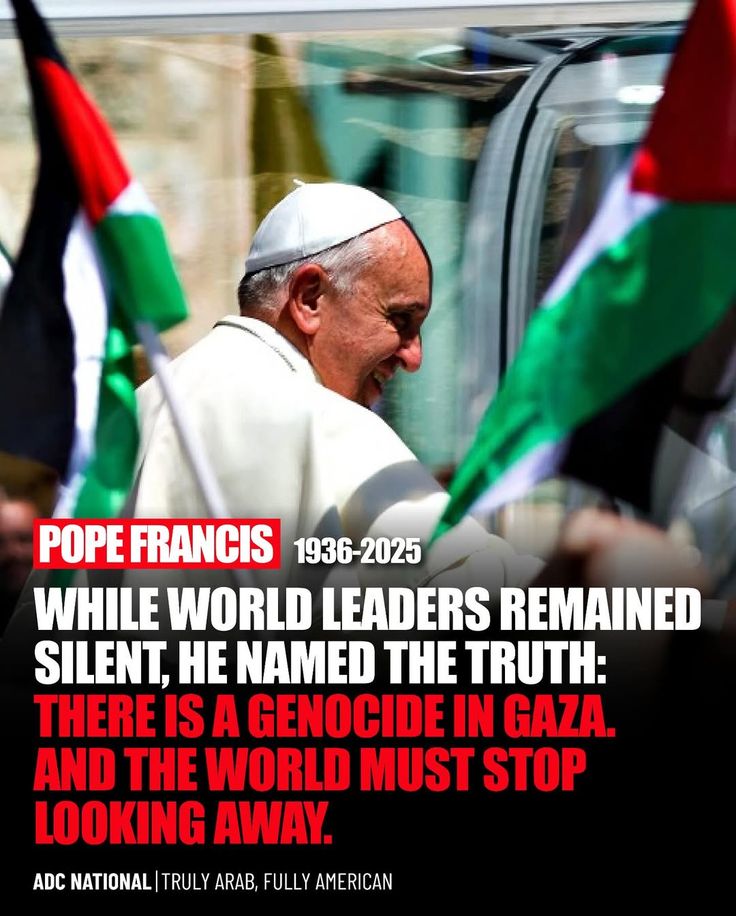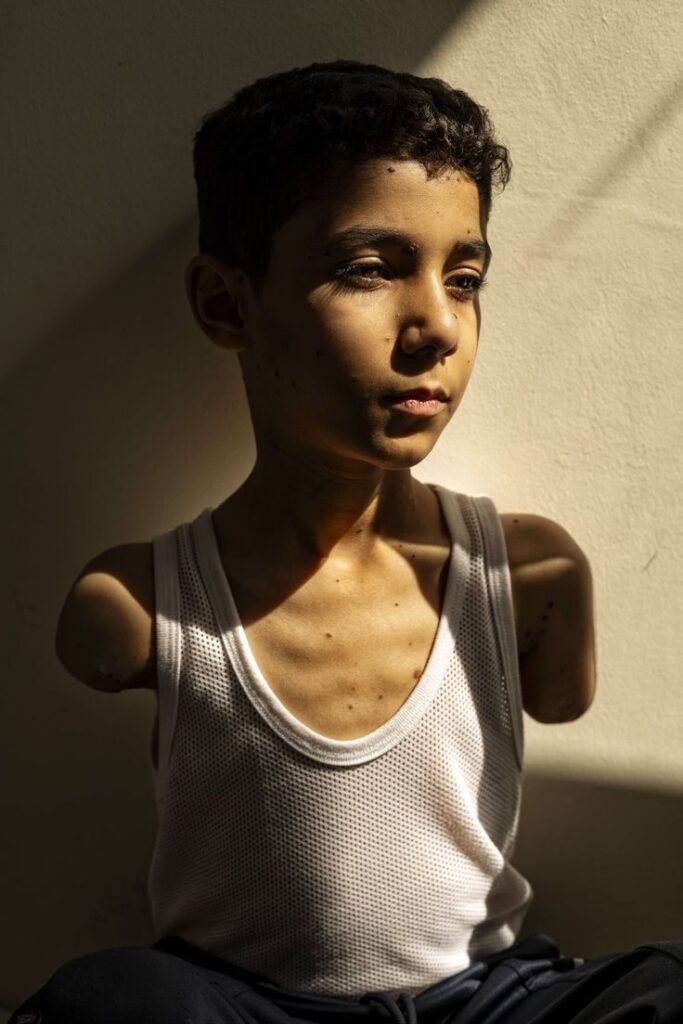
Daniella Weiss (79) is a far-right[1] Israeli Orthodox Zionist, founder of Nachala, an Israeli settler organization, she is called the ‘Godmother’ of the settler movement. Weiss was born in Bnei Brak, Mandatory Palestine, in 1945. Her father was from the United States, and her mother was born in Poland and raised in Palestine since her first year of life.[5] Both Jewish immigrants were members of Lehi, a Zionist paramilitary terrorist organization [6][7]. She has been promoting the settler project for decades and claims to have been involved in the creation of most settlements in the occupied West Bank. She is currently active in the movement to build settlements in Gaza and has been sanctioned by the Canadian government. She lives in a settlement called Kedumim, which is home to over 4,000 people. Settlements are legal under Israeli law but illegal under international law.
The Louis Theroux doc is further evidence demonstrating why there is a moral need to #AbolishZionism.
An ideology centered on violent Ethnic-Supremacy (Nazism / Zionism) must not be tolerated in society.
77 years of Zionist Settler-Colonialism is enough. pic.twitter.com/MAWb1qEpt8 https://t.co/8fBTYh8yO7
— Jalal (@JalalAK_jojo) April 28, 2025
Louis Theroux’s The Settlers (2025) revisits the Israeli settler movement in the West Bank, building on his 2011 documentary The Ultra Zionists. The film explores the expansion of ultra-nationalist Jewish settlements, which are illegal under international law, and their impact on Palestinians. It portrays a shift from a fringe movement to one with significant political influence, supported by elements within the Israeli government, particularly since the October 7, 2023, Hamas attack. Theroux highlights the settlers’ ideological conviction—often rooted in religious interpretations of the Bible as a “land deed”—and their confrontational tactics, including violence and intimidation against Palestinians, as seen in encounters with figures like Daniella Weiss and Ari Abramowitz.
The documentary doesn’t explicitly label Israel as an “apartheid state” or frame the situation solely as a “colonialism project” or “Zionist Jewish supremacy ideology.” Instead, it focuses on the settlers’ actions and beliefs, juxtaposed with the human cost to Palestinians, such as restricted movement in Hebron and olive harvest disruptions. Theroux’s approach is “perpetrator-focused,” aiming to expose ideologies through direct engagement rather than overt editorializing. However, he breaks from his usual restraint by calling Weiss a “sociopath” in a heated exchange.
Louis Theroux “The Settlers” (2025)
Highly encourage you to watch this documentary. This is a short clip. I added members of Congress who support the genocidal insanity featured in this clip
Over 360 members of Congress are paid to send our tax dollars to support these lunatics pic.twitter.com/mrsW6MeQkj
— GenXGirl (@GenXGirl1994) April 28, 2025




Comments are closed.